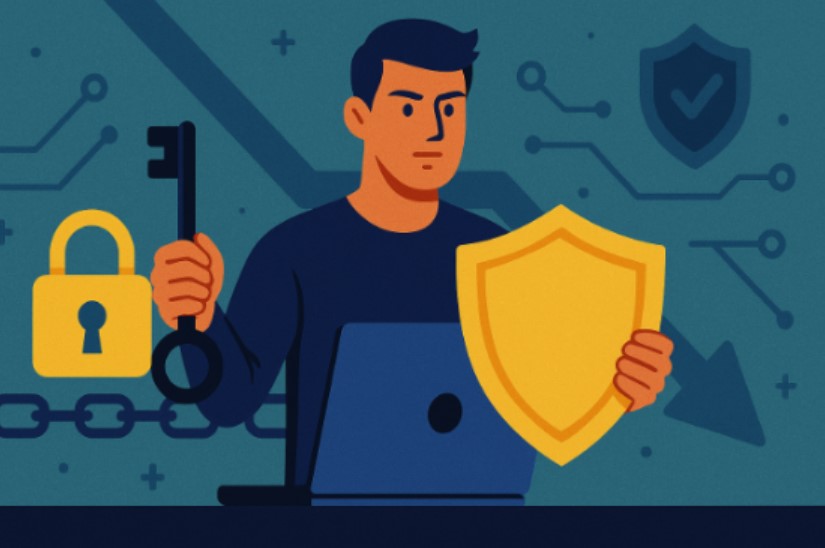Over the past year, crypto businesses have faced it all — from billion-dollar exchange breaches to massive data leaks and targeted phishing scams. Funds were frozen, wallets compromised, and user data ended up for sale on the dark web. Even leading platforms haven’t been spared, as shown by the incidents at Coinbase and Bybit. And these risks continue to escalate.
In this article, the BitHide team shares five actionable tips to help businesses secure their crypto infrastructure, minimise risks, and maintain full control over their digital assets.
How to Protect Your Crypto: Tips for Business
- Choose Non-Custodial Solutions
Non-custodial wallets keep your private keys in your hands alone. This means your assets and data remain fully under your control, unlike custodial platforms where third parties have access. As a result, the risk of freezes, leaks, or insider breaches is significantly reduced. - Protect Your IP Address
Each time your wallet connects to the blockchain, it exposes your real IP address to a public node — many of which are run by hackers or criminals. Once your IP is logged, it can be linked to your wallet and used to track all your transactions, and ultimately trace back to you.
VPNs and Tor aren’t enough to keep your IP hidden. VPN user data often leaks to the dark web, and many nodes block Tor connections entirely. Choose crypto solutions with built-in IP masking. For example, the BitHide business crypto wallet uses technology that changes your IP address multiple times before any transaction is broadcast, making it nearly impossible to identify your real IP.
- Run AML Checks on Incoming Funds
Receiving crypto from unknown or unverified sources can lead to asset freezes. Some funds may be tied to fraudulent activities or sanctioned wallets. Using gateways with integrated AML checks helps assess each transaction’s risk before it hits your account. - Set Role-Based Access for Your Team
Not everyone in your organisation needs full access to crypto systems. Restricting permissions reduces risks from insider threats or mistakes. Establish clear role-based access: some employees can view reports, others approve payments, and so on.
The Coinbase breach is a perfect example. In May 2025, attackers bribed outsourced support staff to access sensitive user data. They used it to carry out phishing attacks, tricking customers into transferring funds. The exchange lost an estimated $200,000 to $400,000.
- Avoid Using One Static Address
Many companies use a single permanent wallet address to collect payments. While simple, this creates an easy-to-track pattern that lets malicious actors monitor transactions and estimate your company’s turnover.
Instead, use crypto payment systems that create unique, one-time addresses for each transaction. This breaks links between payments and keeps your financial flows private.
How to Choose the Right Non-Custodial Platform
Not all non-custodial solutions are equal. When selecting one, ensure it allows installation on your own infrastructure and local management of private keys. Look for features like customizable compliance settings, IP masking, encrypted backups, and built-in AML screening.
It’s also important to choose a platform that offers tools for efficient crypto financial management, such as detailed balance reports, mass payouts, and auto-withdrawal options. These features simplify daily operations and save valuable time for your team.
A strong non-custodial platform, such as BitHide, not only keeps your funds safe but also gives you full control over every aspect of your crypto workflows.












